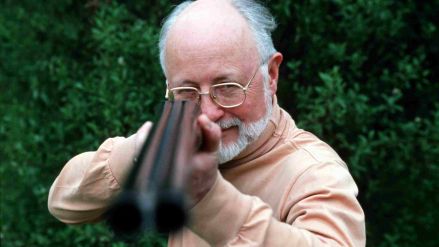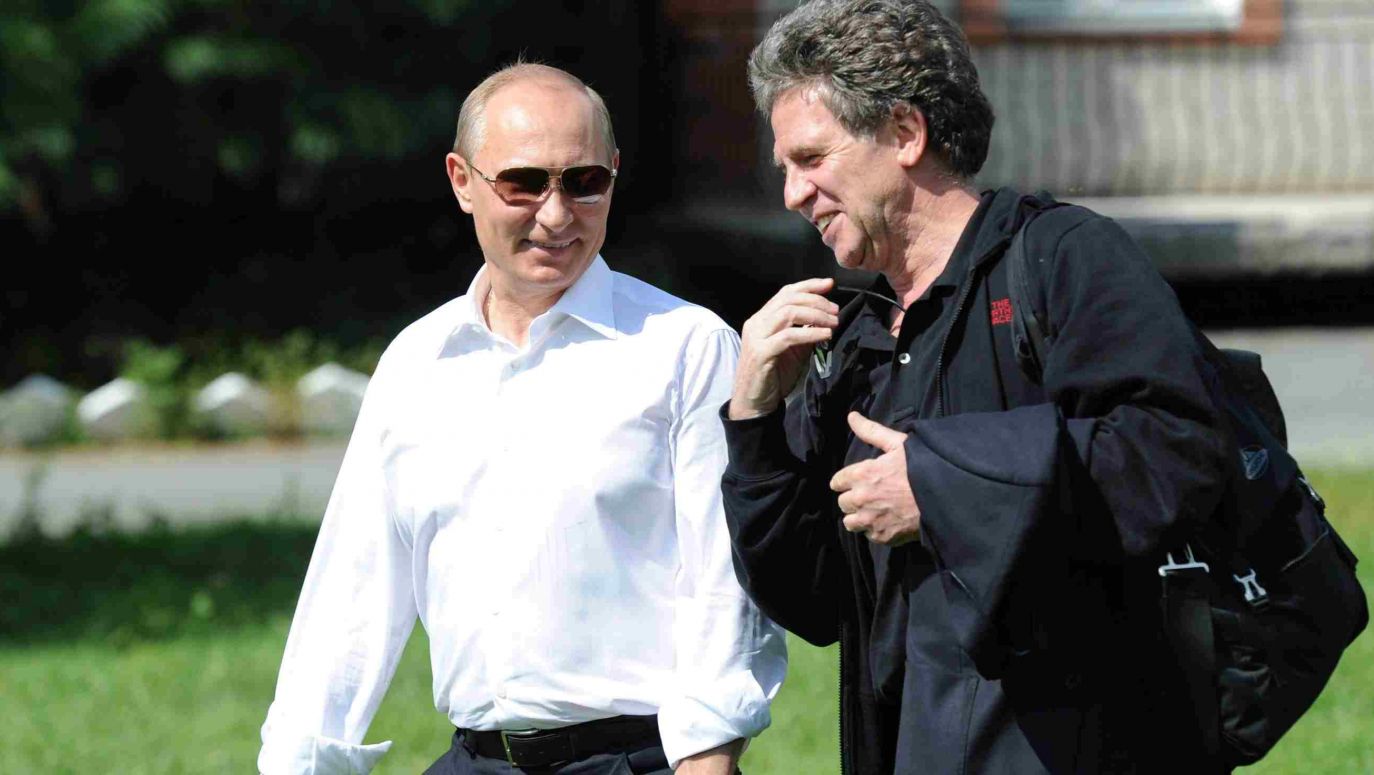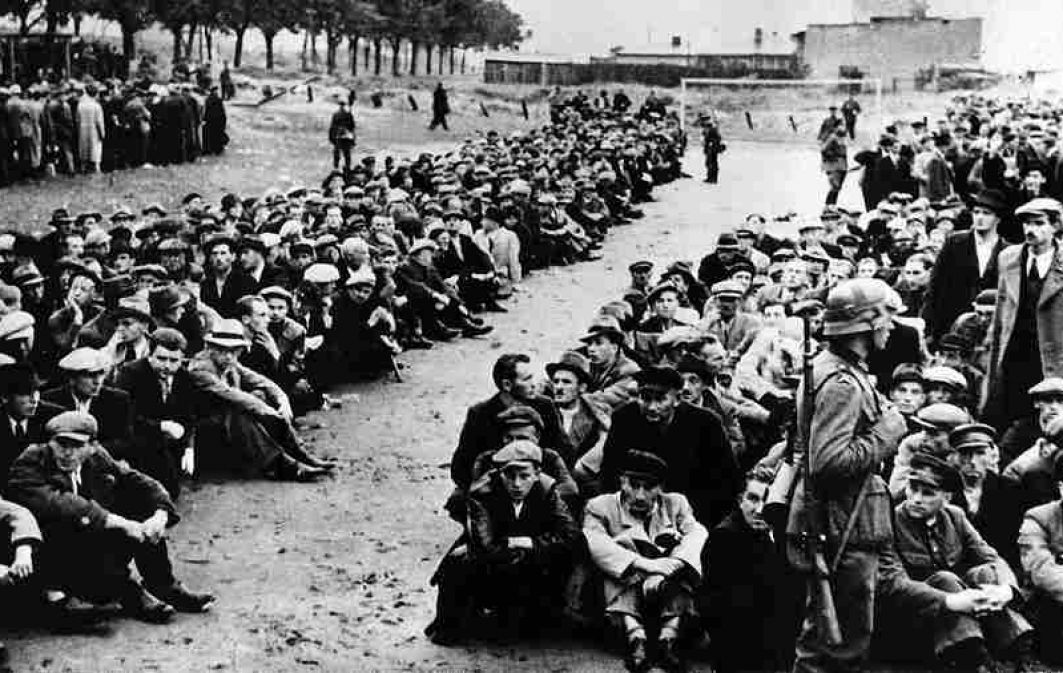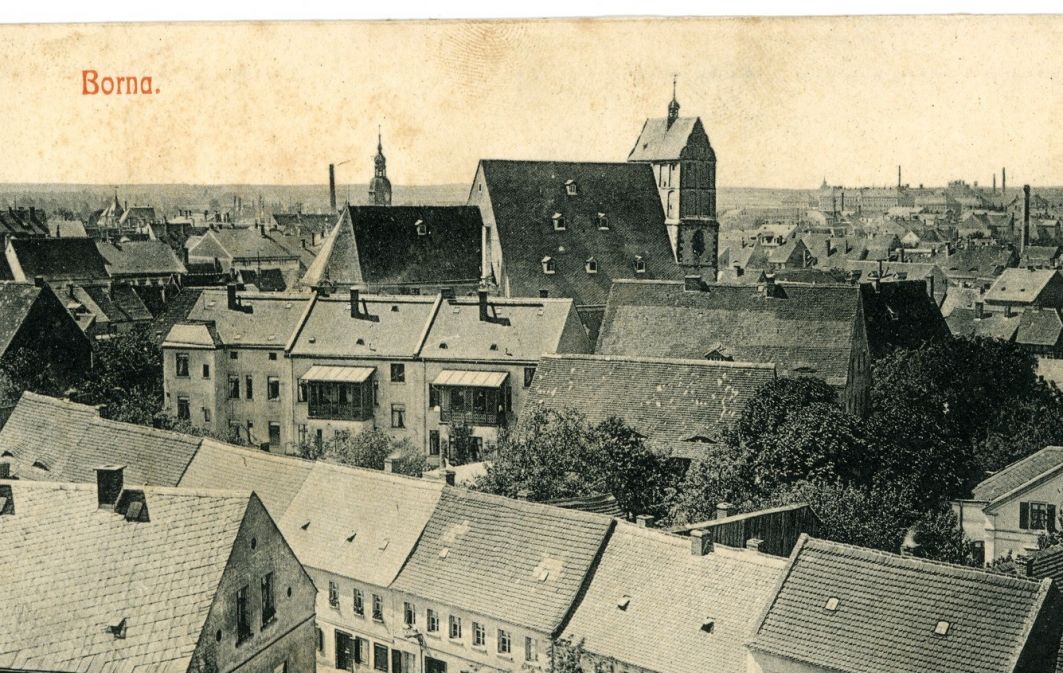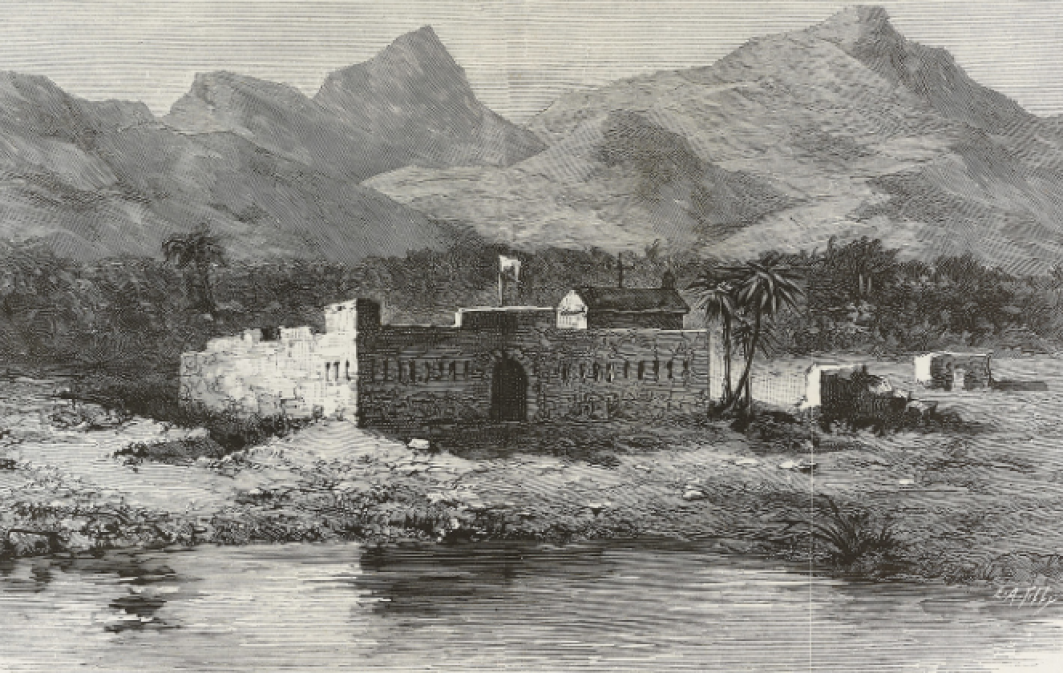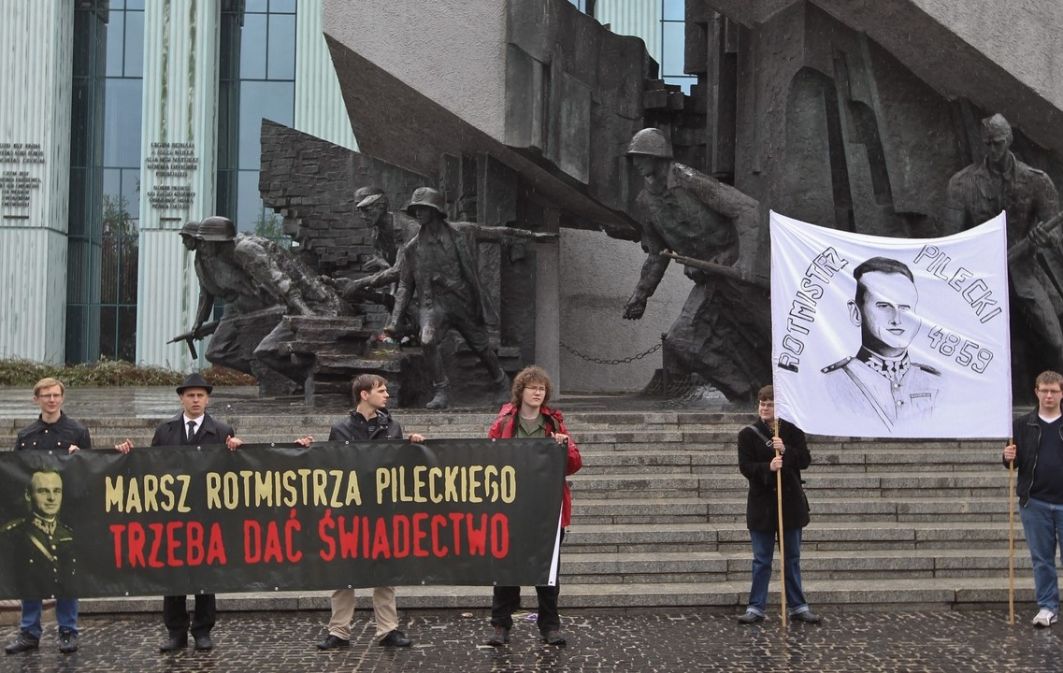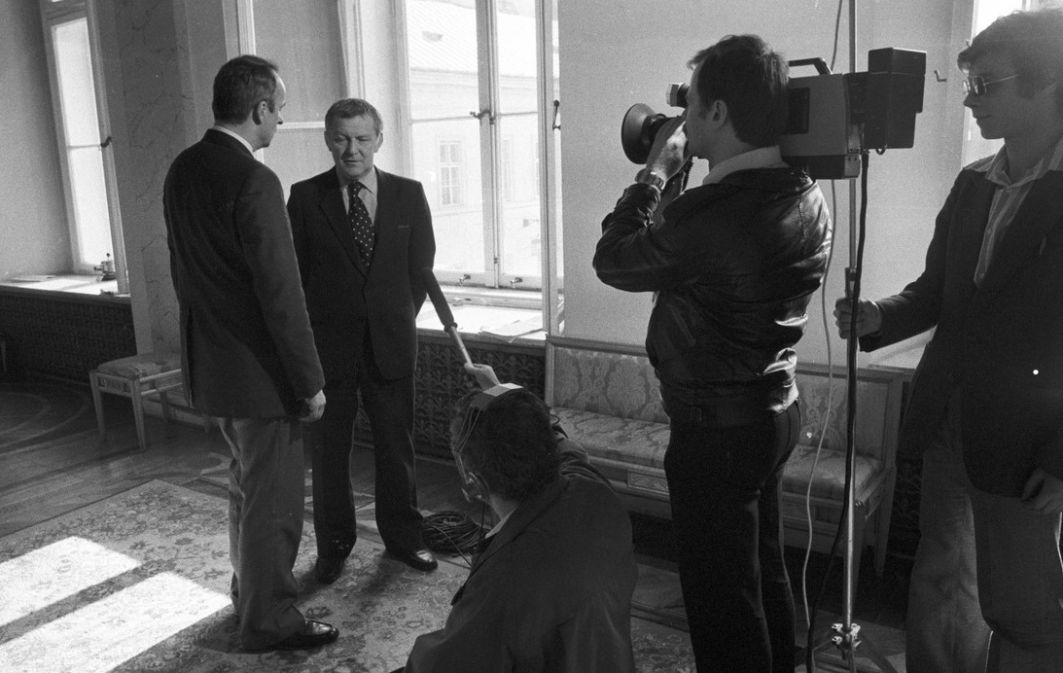“In every society, there are groups opposing the leading values. In every country, there are tendencies going against the generally accepted moral norms and values,” Bezmenov said during one of his lectures in Los Angeles. The task of the aggressor is to correct the direction in which these groups are heading and to keep their ideas in a leading position.
Demoralisation must affect some areas of social life. It’s good to start by ridiculing the leading religion in the country, replacing it with other beliefs, sects, or exotic cults, which may indeed be intriguing but do not unite people into larger communities. “Let them be naive, primitive, it doesn’t matter, the point is that the religious values embraced by society are gradually destroyed,” Bezmenov said. “The most important task in this case is to break away from the ideas that keep people in contact with a higher entity, thus destroying some common, unifying value.”
 SIGN UP TO OUR PAGE
SIGN UP TO OUR PAGE 
Another critical area of life is education. Already in Bezmenov’s times, progressive trends were used to influence other educational systems to place greater emphasis not on constructive subjects but, say, on knowledge about sexuality.
Ordinary social relations also needed changes. It was necessary to break the natural bonds connecting people, especially family ties, and to replace the relationships that unite entire societies with bureaucratic institutions, mainly serving control functions. “The average person will no longer focus on family, bonds of friendship, or even neighbourly relations. Instead, he will focus on the salary he receives from institutions,” Bezmenov explained. The justice system and law, in the understanding of the services, also required modifications.
The best effects were brought by actions that the masses could quickly assimilate. According to Bezmenov, this was already evident in his time, for instance, in movies. A policeman or a military man was usually portrayed as a brute or a degenerate, or a meathead abusing his power. On the other hand, the criminal is usually a cool guy smoking weed, who was wronged by society. Bezmenov: “The goal of such actions was one, to undermine trust in the institutions that maintain law, public order, and are supposed to protect the states and citizens.”
The fight for better working conditions was often replaced by a senseless struggle that did not improve the position of the average worker. In the West, however, it ensured an increasingly high position for the growing centres of trade unions, often managed in line with the interests of the services. “It wasn’t about any improvement of working conditions, just ideology, nothing more,” admitted the former agent 40 years ago.
From demoralisation to destabilisation
The second phase is destabilisation, introduced when the hostile society is already saturated with ideas corresponding to the services that implemented them. The invader does not use its own armed forces for this. The society of the conquered country must do it itself, believing that it will live better as a result. This goal requires fomenting conflicts, demonstrations, and riots in the streets, organised for any reason, as every problem must be accompanied by the conviction that it cannot be amicably resolved. “No compromise, only struggle and radicalisation of claims,” Bezmenov emphasised.
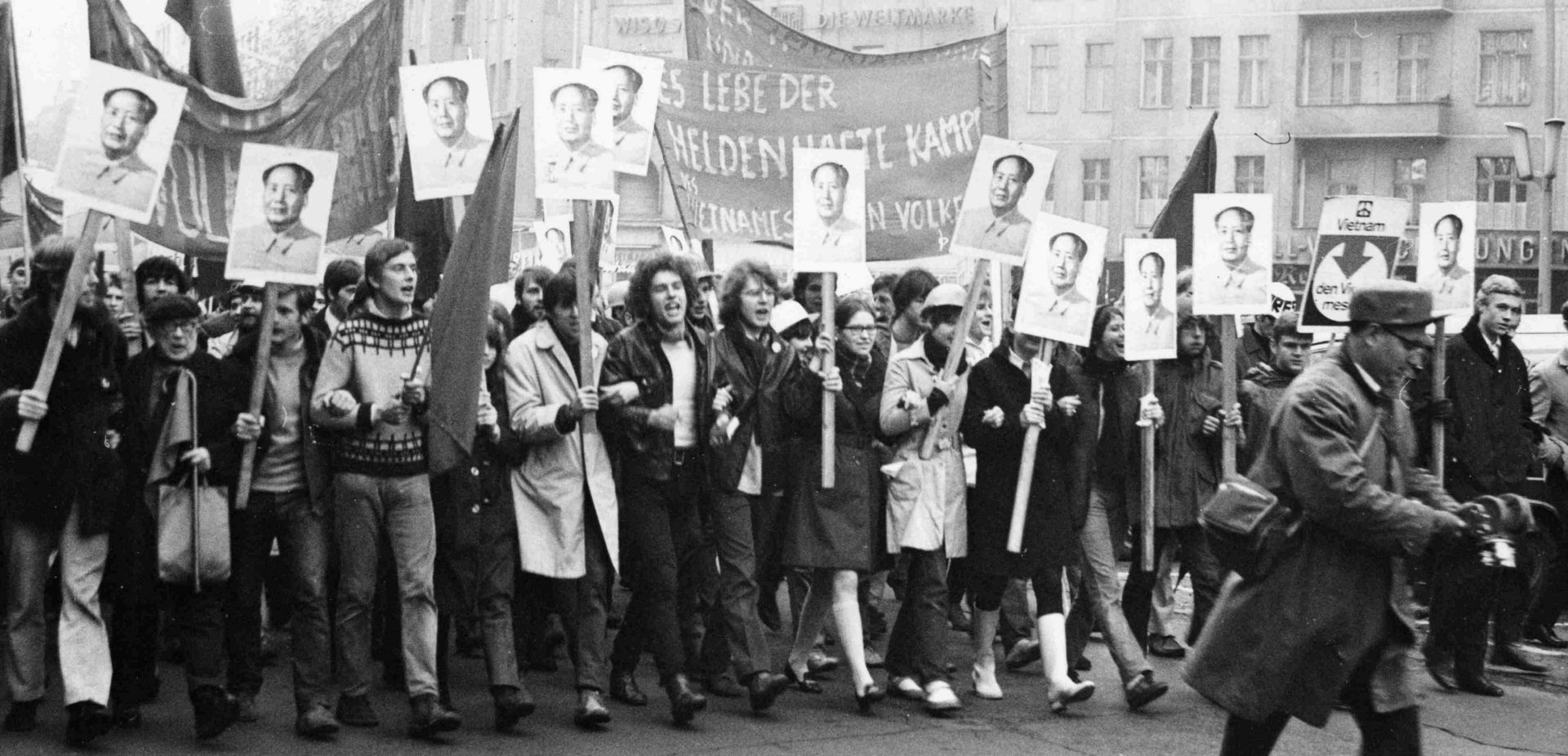
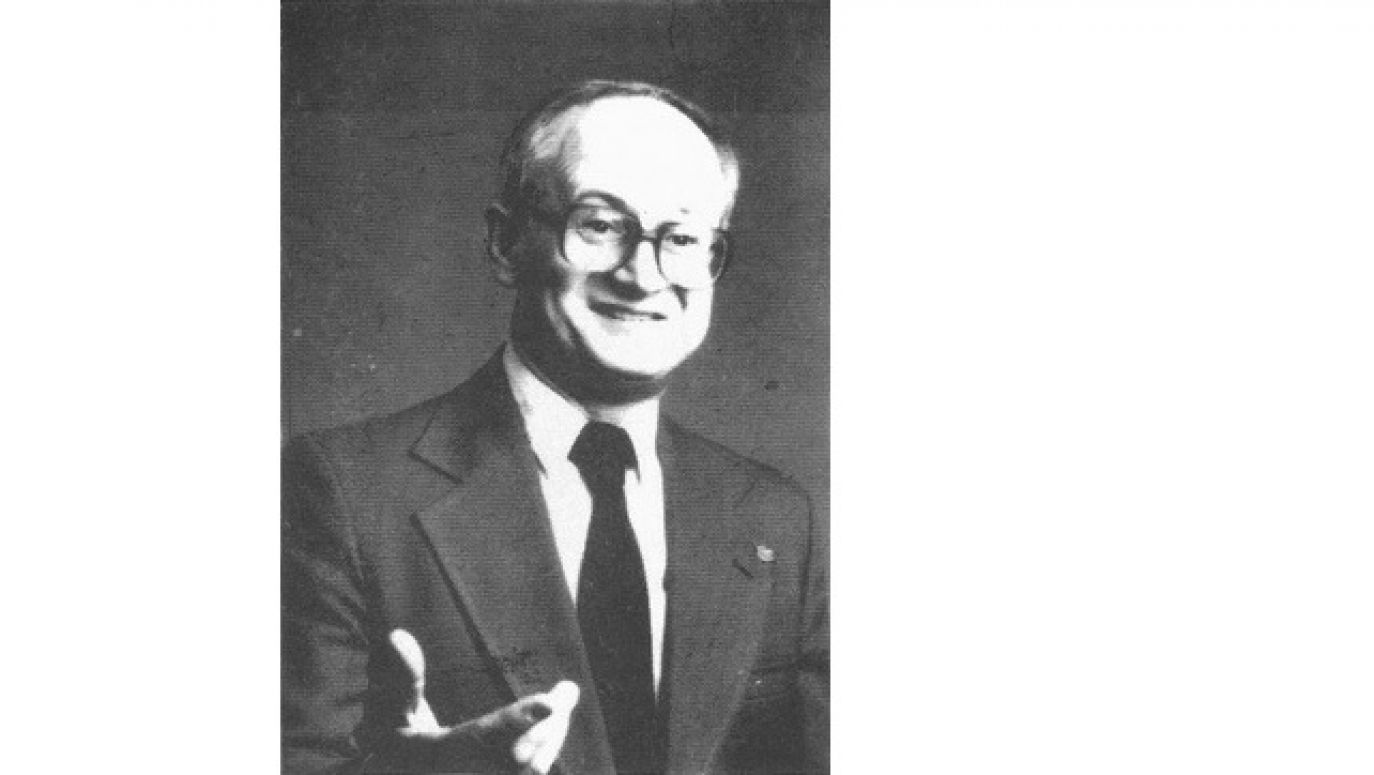
 SIGN UP TO OUR PAGE
SIGN UP TO OUR PAGE 
